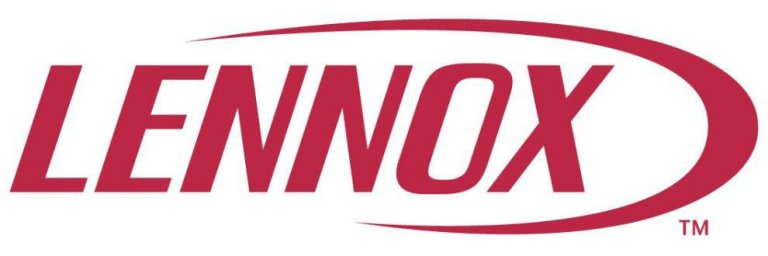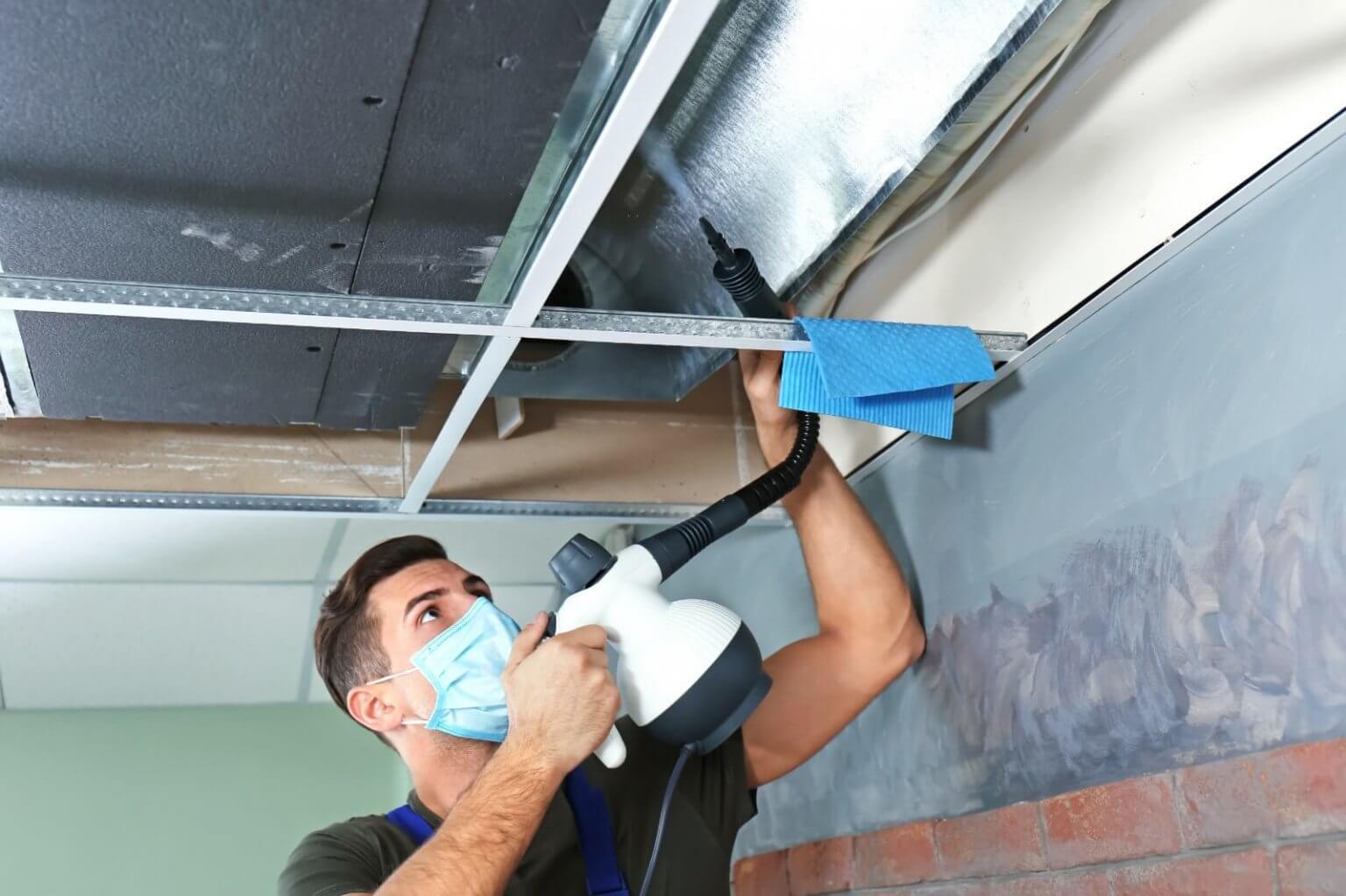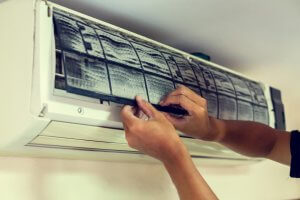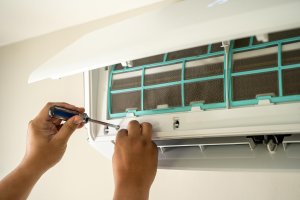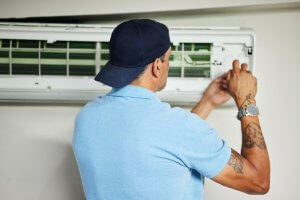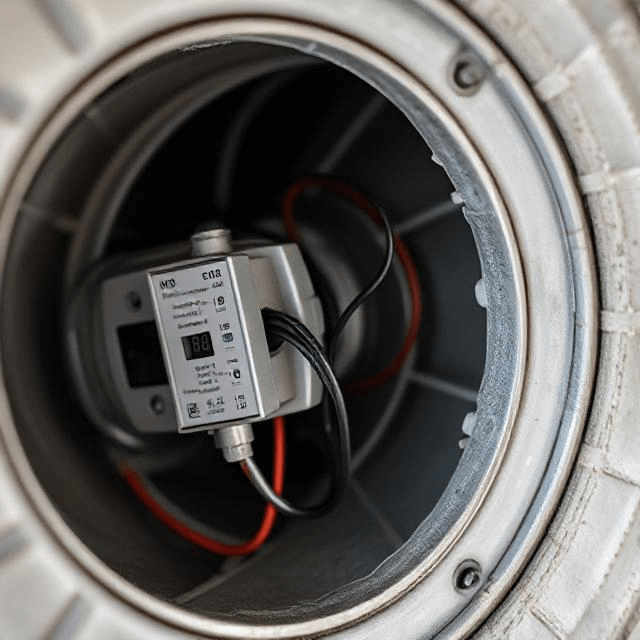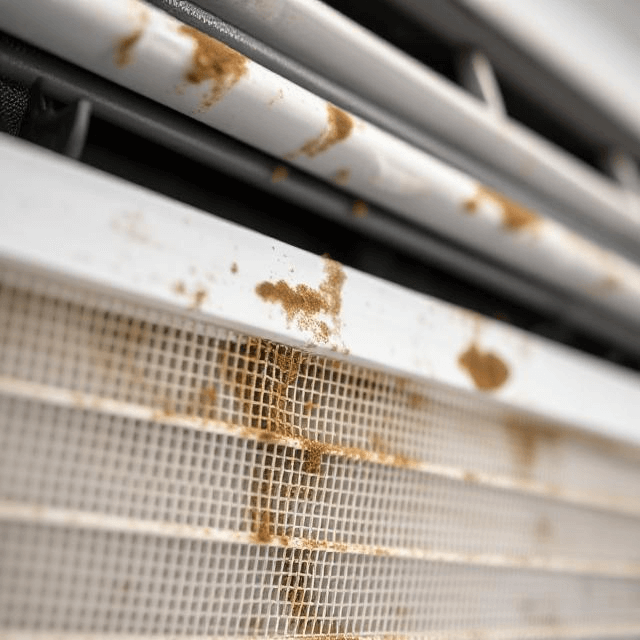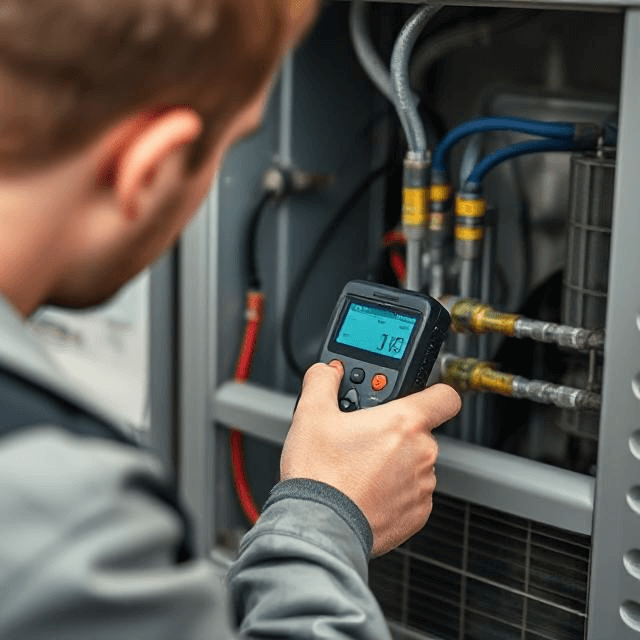Winter is coming, and so are the high heating energy bills.
As a homeowner, keeping expenses to a minimum is among your top priorities. With the cold months ahead and energy costs soaring across the country, high energy bills seem to be on everyone’s concern list.
Heating your home uses more energy and costs more money than any other system in your home, typically making up about 29% of your utility bill.
Space heating, space cooling, and water heating are some of the largest energy expenses in any home, so it stands to reason that you want to optimize your HVAC as much as possible. Looking for ways to do that? If so, you might be considering air duct cleaning.
According to EPA, “some research also suggests that cleaning dirty cooling coils, fans, and heat exchangers can improve the efficiency of heating and cooling systems, resulting in a longer operating life, as well as some energy and maintenance cost savings.”
Your air ducts are one of the most essential systems in your home, and if the ducts are clogged with dust, they are likely contributing to higher energy bills.
What is Air Duct Cleaning?
Your home’s air duct system is a branching network of tubes in the walls, floors, and ceilings that carry the air from your home’s furnace and central air conditioner to each room.
Air duct cleaning refers to the cleaning of heating and cooling system components of air systems, including the supply and return air ducts and registers, grilles and diffusers, heat exchangers heating and cooling coils, condensate drain pans (drip pans), fan motor, and fan housing, and the air handling unit housing.
How Do Dust and Debris Affect Your HVAC System?
Air ducts are prone to dust and debris accumulation over time. This build-up is likely to clog up quickly and increase the airflow resistance in the ducts, which makes your HVAC system work harder to keep the house warm and distribute the warmed air.
When your HVAC system works harder, more energy is required, resulting in higher utility bills.
Dirty air ducts also lower HVAC efficiency levels and compromise the system’s internal components, leading to a premature breakdown.
How Can Air Duct Cleaning Improve Performance and Efficiency?
By cleaning the air ducts, you’ll improve the heater efficiency, performance and promote your system’s longevity.
Several factors, such as indoor remodeling, living near construction sites, and pets, are some of the reasons why air ducts may need cleaning more often.
After a deep cleaning, you can always take further steps to keep your HVAC system clean:
- Use high-efficiency air filters, and change them regularly.
- Clean the coils and drain pain during seasonal maintenance.
- Dust and vacuum your home weekly or more if you live with pets.
- Immediately fix leaks and water damage.
Dangers of Living with Dirty Air Ducts
When the components of your HVAC system and air ducts are contaminated with particles of dust, pollen, or other debris and potential microbiological growth (mold), your living space becomes unhealthy.
Some of these contaminants may cause allergic reactions or other symptoms, especially in people and children with respiratory conditions such as asthma.
Aside from cleaning your air ducts, here are some helpful tips to keep in mind:
- Set your thermostat as low as is comfortable in the winter and lower the setpoint when you’re sleeping or away from home.
- Clean or replace filters on furnaces as recommended.
- Clean warm-air registers, heaters, and radiators as needed.
- Eliminate trapped air from hot-water radiators.
- Turn off the kitchen, bath, and other exhaust fans within 20 minutes of use.
- During winter, keep the draperies and shades open during the day to allow the sunlight to enter your home and closed at night to reduce the chill.
Regular maintenance from trained specialists can help you reduce heating expenses without compromising comfort.
We are committed to following all COVID-19 protocols to keep you, your family, and our technicians safe.
